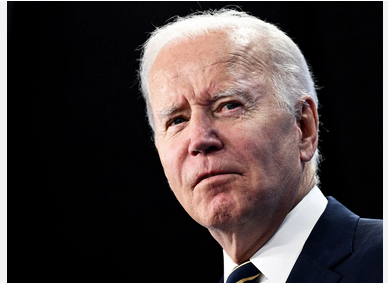
The recent death of Hezbollah leader Hassan Nasrallah in an Israeli airstrike has intensified the already complex situation for President Joe Biden, particularly in the context of escalating tensions in the Middle East. While Nasrallah’s death was welcomed by U.S. officials, including Biden, who referred to it as a “measure of justice” for victims of Hezbollah’s terror, the incident adds another layer of complexity to the president’s ongoing diplomatic efforts to de-escalate violence between Israel and its regional adversaries.
Biden’s administration is working tirelessly to prevent further conflict, particularly as Nasrallah’s death risks triggering retaliatory actions by Hezbollah and other Iranian-backed proxies in the region. Despite supporting Israel’s right to self-defense, Biden has repeatedly urged restraint, particularly in light of the wider war against Hamas in Gaza and Hezbollah’s ongoing missile strikes on northern Israel. Diplomatic channels between Washington and Tehran are being closely monitored for signs of an Iranian response, as Nasrallah’s death, alongside the elimination of other senior Hezbollah and Iranian military figures, could provoke further violence.
In the immediate aftermath of the airstrike, Biden made it clear that the U.S. had not been notified in advance, a point that underscores the current friction between the White House and Israeli Prime Minister Benjamin Netanyahu. This incident, occurring just weeks before the U.S. presidential election, places Biden in a delicate position as he balances the U.S. commitment to Israel’s security with the need to prevent a broader regional war. The killing of Nasrallah has also complicated U.S. efforts to broker a ceasefire, which Netanyahu dismissed before launching the operation.
U.S. officials are now bracing for potential retaliatory attacks from Hezbollah and other Iranian proxies, with many expecting missile strikes in the coming weeks. Meanwhile, Biden is facing domestic and international scrutiny over his administration’s ability to contain the escalating conflict. The situation remains fluid, and Biden’s ability to influence Netanyahu’s military strategies appears limited, adding to the broader concerns about regional stability and the potential for further violence.
As the Biden administration navigates this high-stakes diplomatic and military challenge, the broader U.S. strategy will likely focus on containing Iranian influence and preventing Hezbollah from regrouping, all while continuing efforts to find a diplomatic solution to the conflicts in both Gaza and Lebanon.
